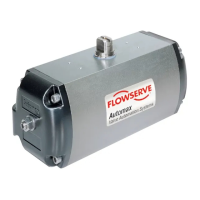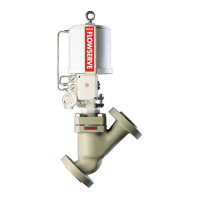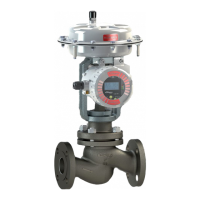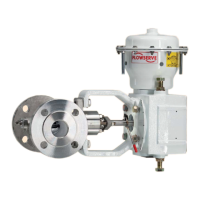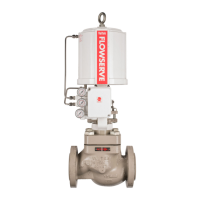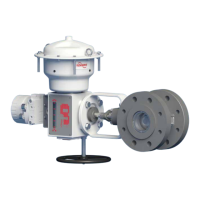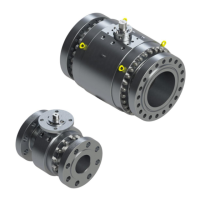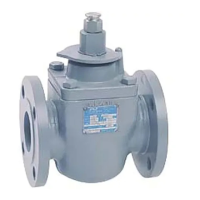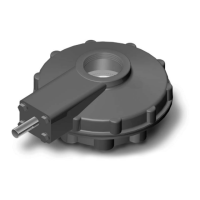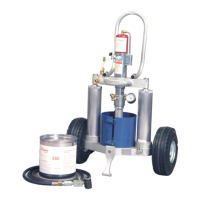Worcester 13 / 14 Series User Instruction – WCENIM0002-01
Page 8 of 13
7 Maintenance
7.1 General
Whilst Worcester valves are trouble free and maintenance is rarely needed the
following checks will help extend life further and reduce downtime:
a) Every 25 000 cycles or three months, check for signs of leakage (section 7.2, 7.3,
7.4) and that all fasteners (including gland nut) are tightened to their correct
torque value (see section 10)
b) The valve should not be left standing without operation for more than one
month. After this period, the valve should be operated through three full cycles.
c) The valve should not be left in a partially opened position as this may cause
damage to the seat and reduce its life.
7.2 In-line leakage
Any leakage when the valve is fully closed will be due to damage to the body,
insert, seat or ball sealing surfaces. It will be necessary to disassemble and repair the
valve (see section 9).
7.3 Stem leakage
Remove the wrench (see section 9) or the actuator (see appropriate IOM), followed
by the gland nut locking clip, and tighten the gland nut to the correct torque (see
section 10.1). If leakage persists, it may be necessary to replace gland packings and
thrust seals (see section 9).
7.4 Body/Connector leakage
Ensure that the body bolting is tightened to the correct torque (see section 10.3). If
leakage persists, remove the valve from line and replace the body seal and also
establish whether the seal faces of the body and connector have been damaged.
8 Repair Kits
a) Repair kits are available for all Worcester valves. Details of their contents are
found in the instruction sheet supplied with the kit.
b) If other parts are required, it is usually recommended that the complete valve is
replaced. Parts from different sized/rated valves must not be interchanged.
c) Only Worcester authorised spare parts should be used. This includes basic
components such as fasteners. Flowserve Flow Control accepts no responsibility if
the valve is altered in any way without consent.
